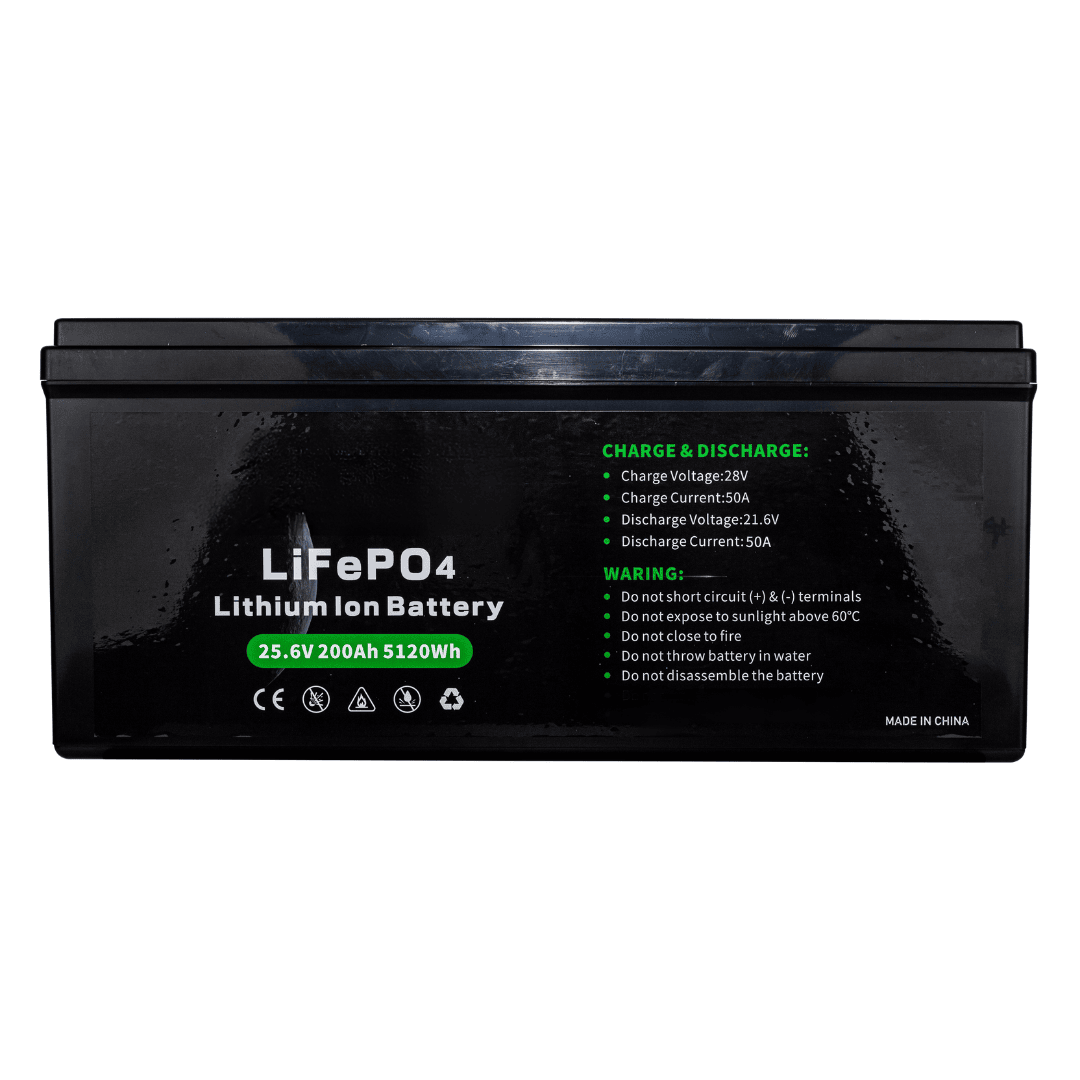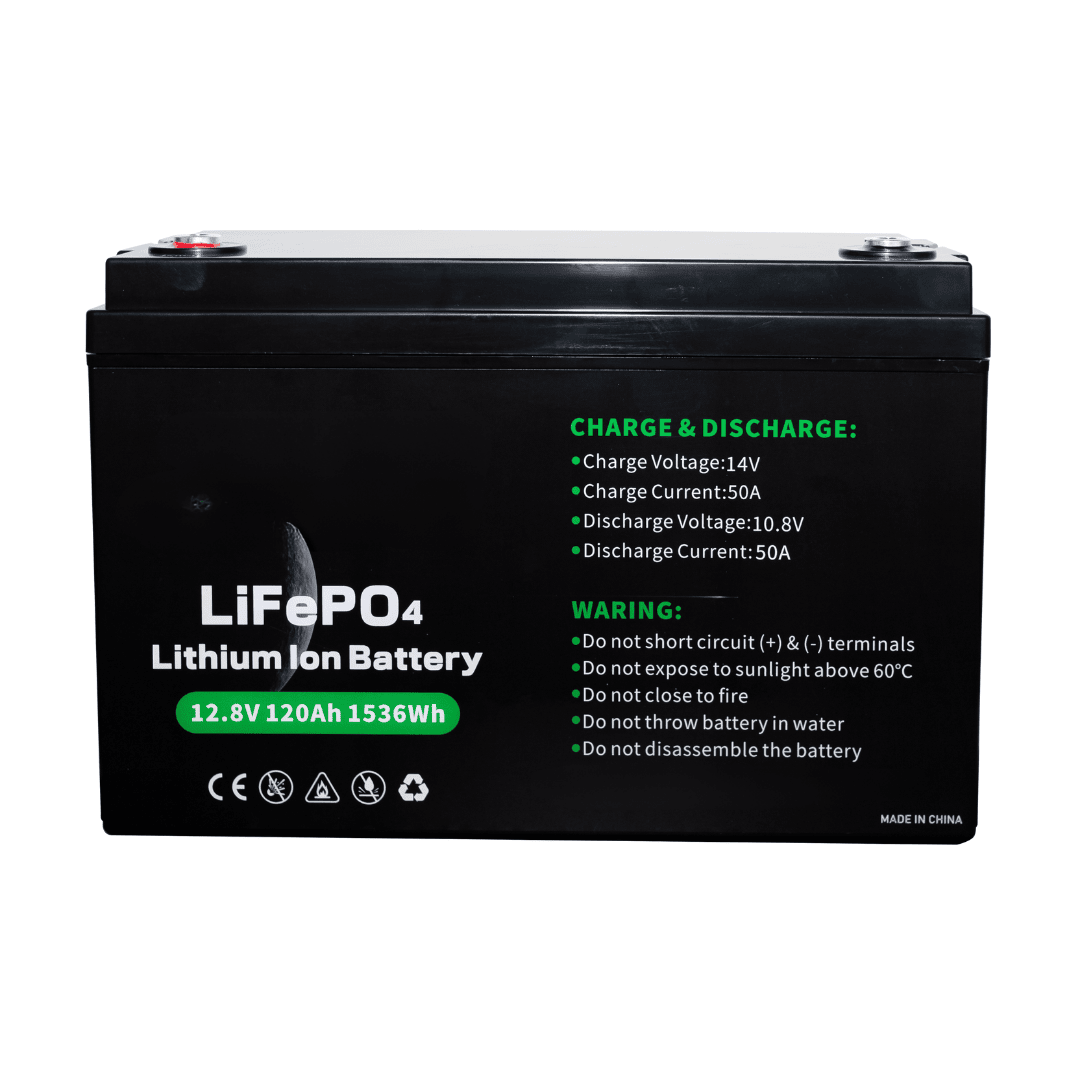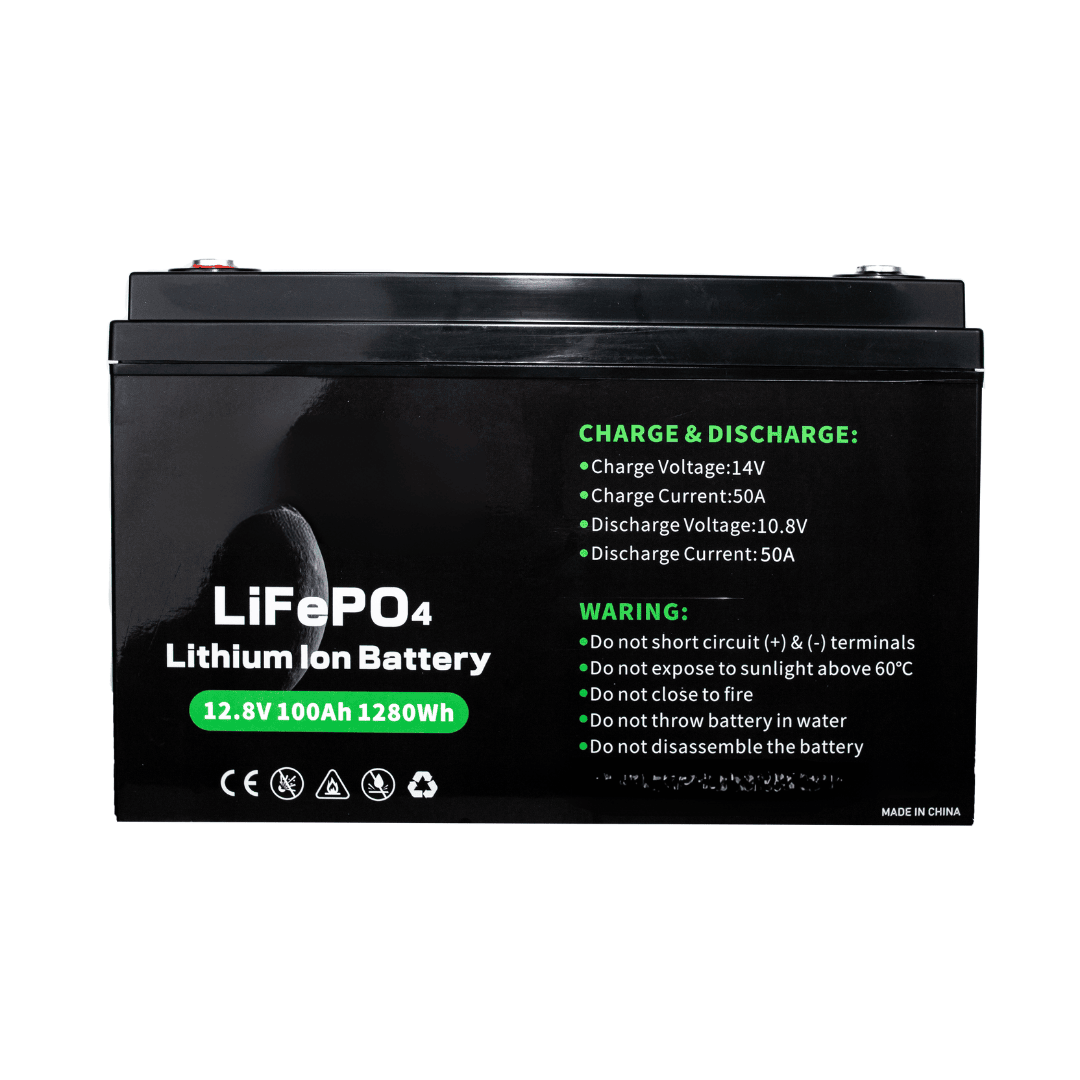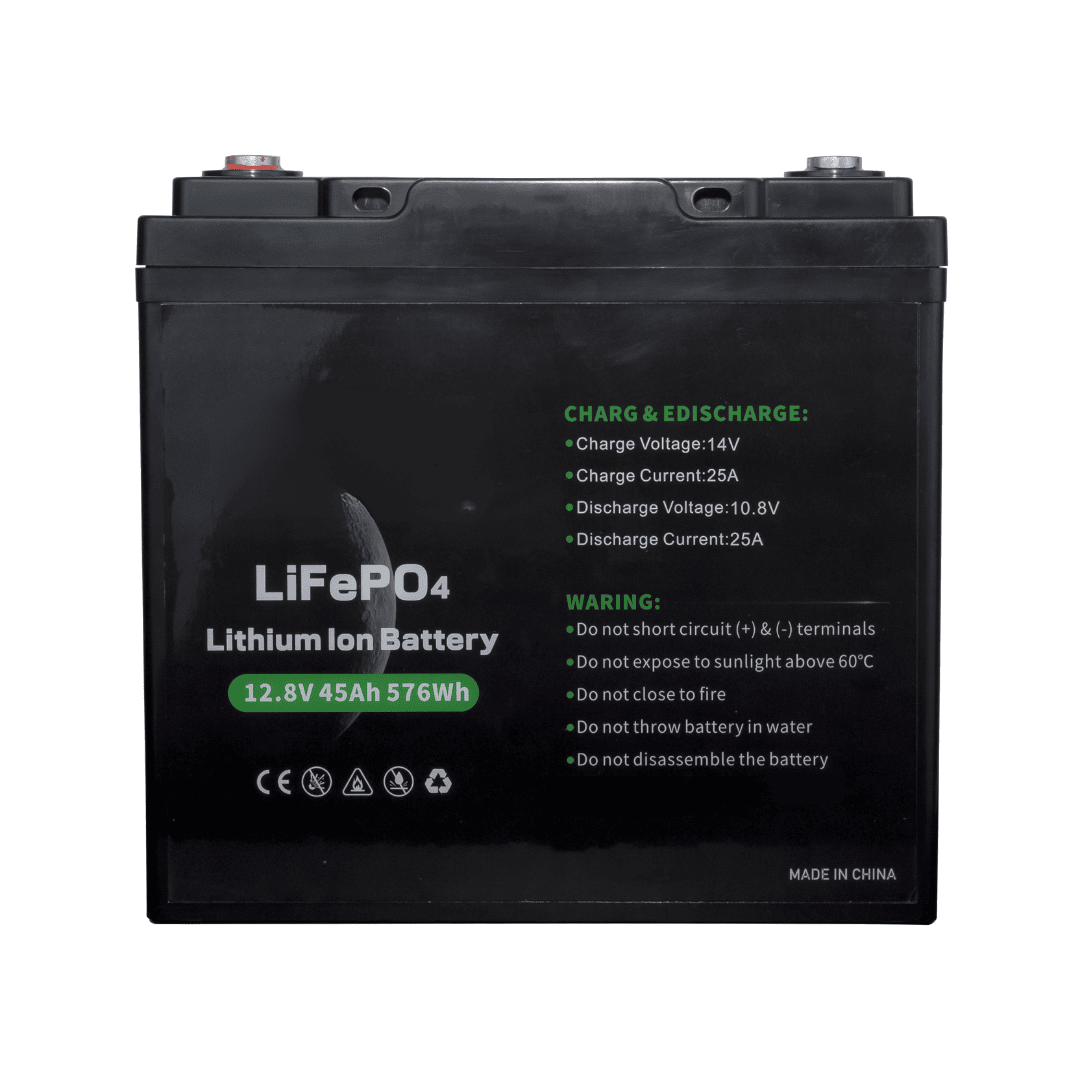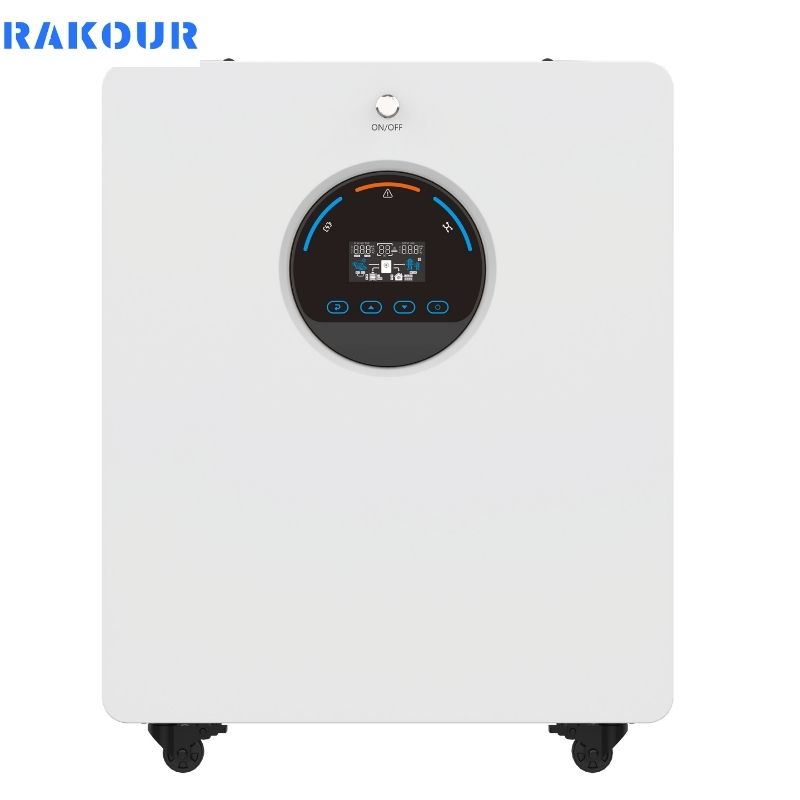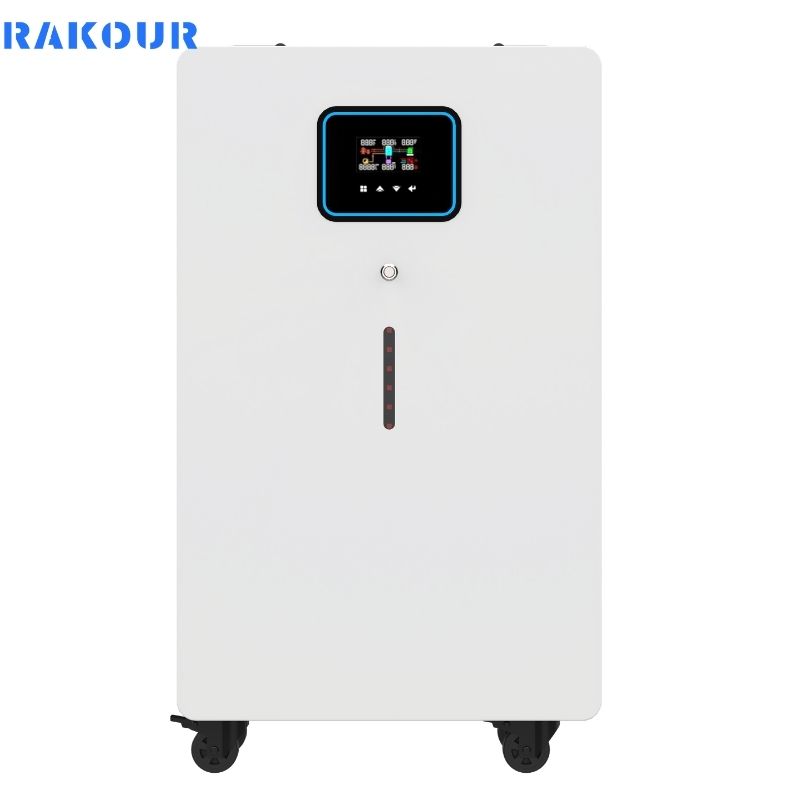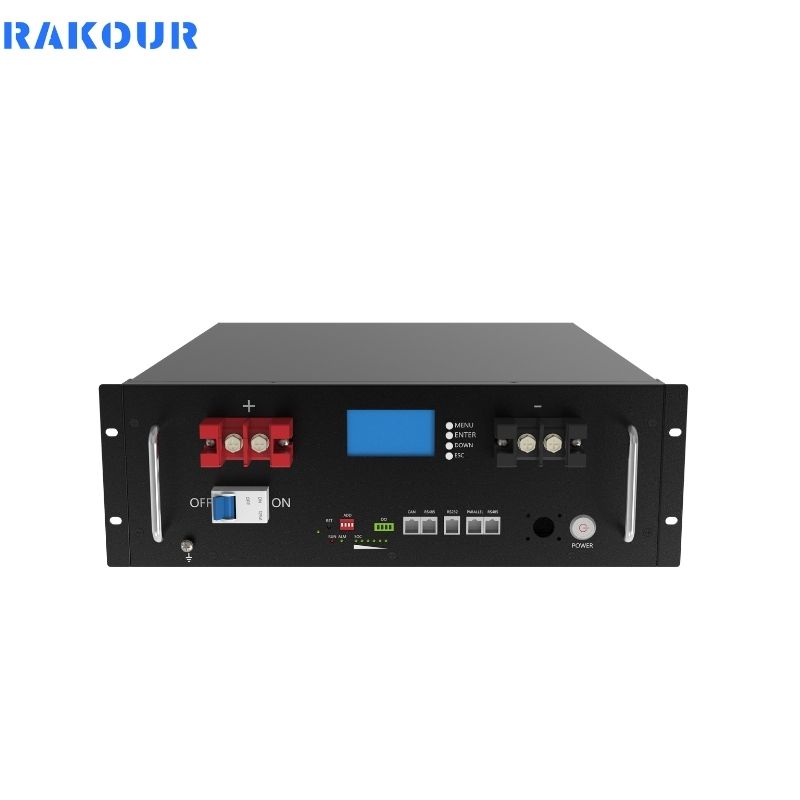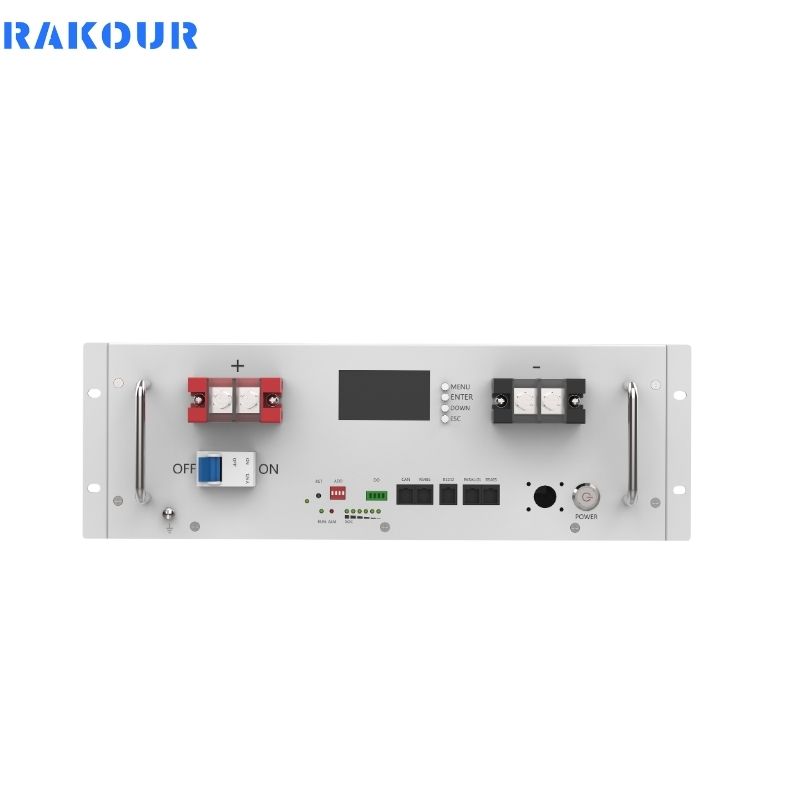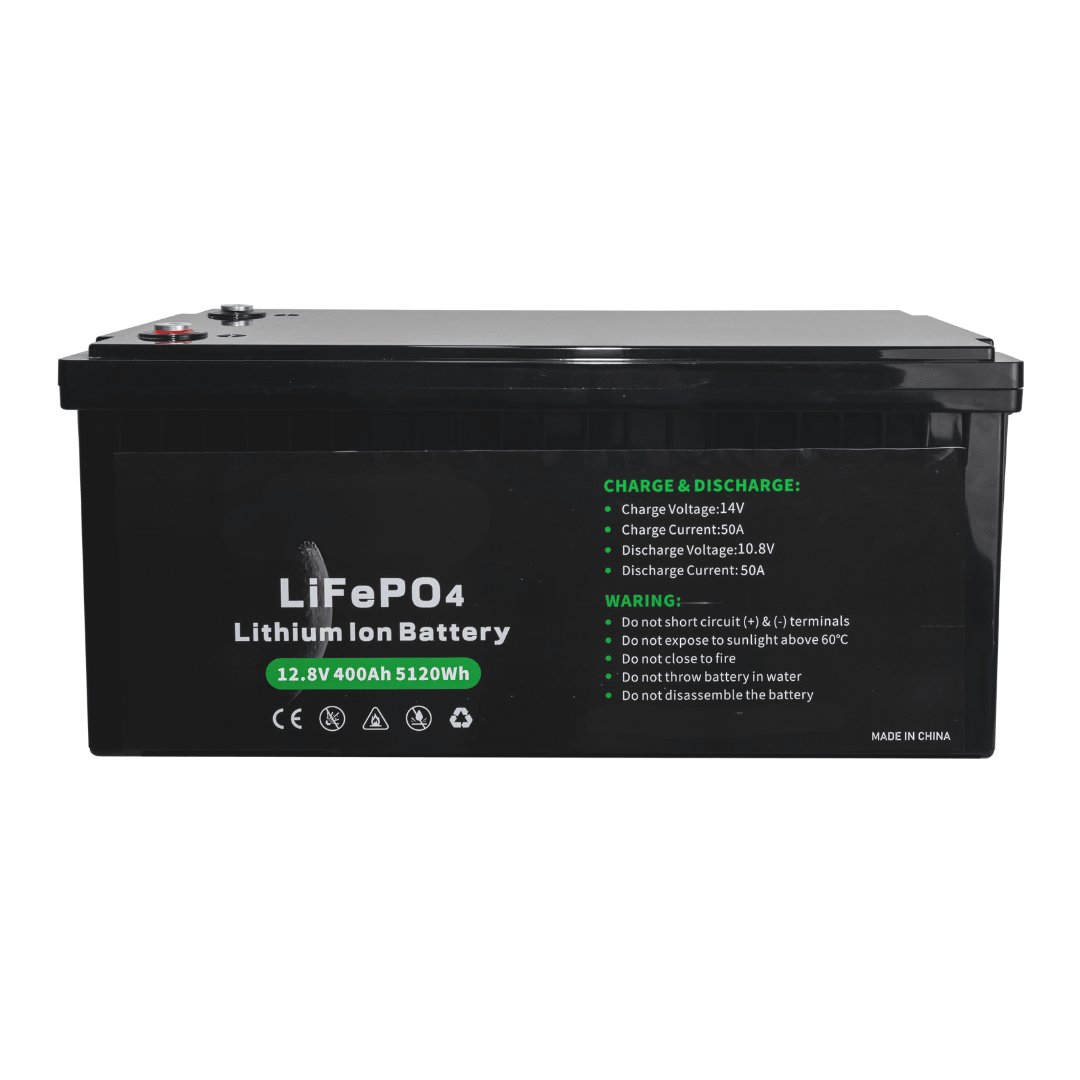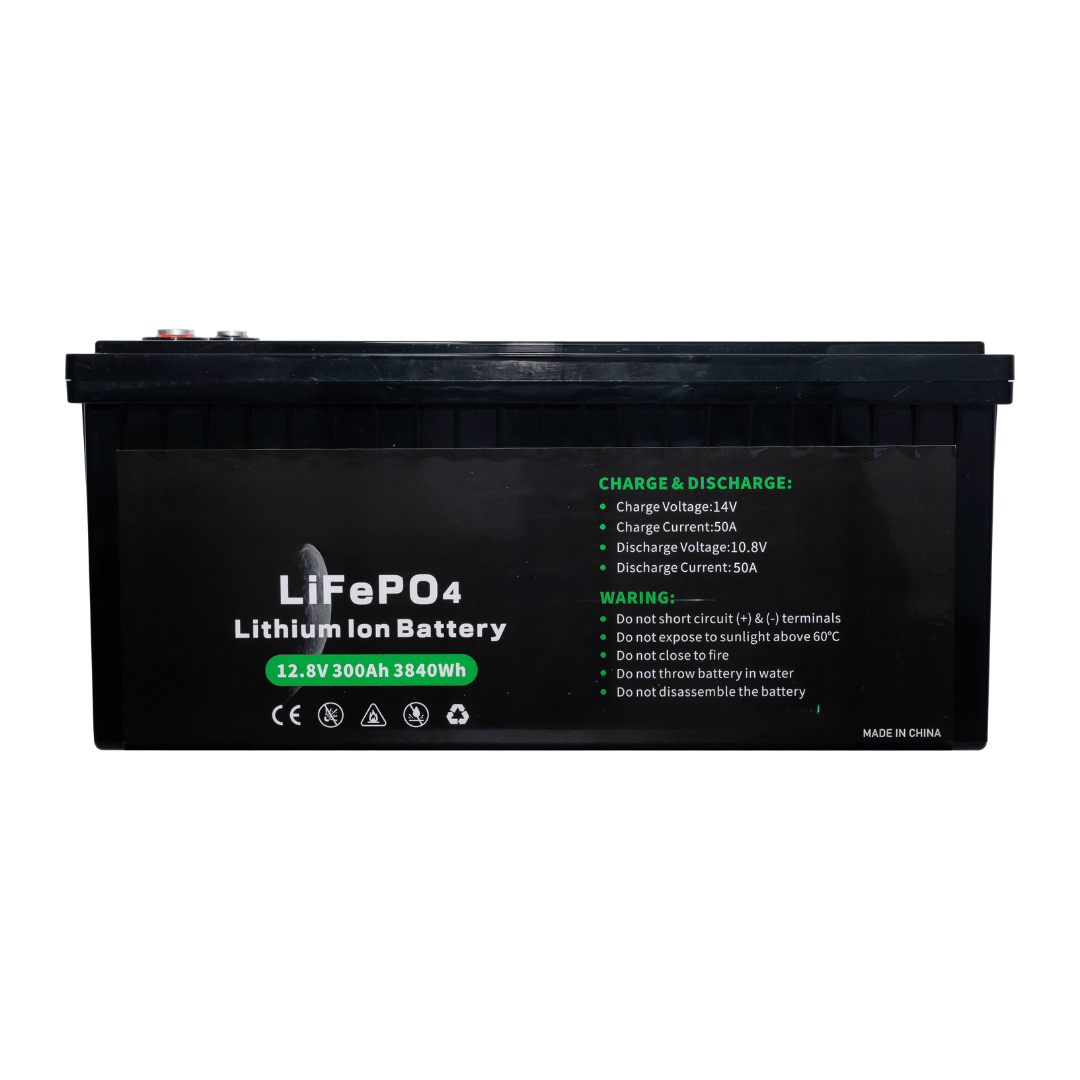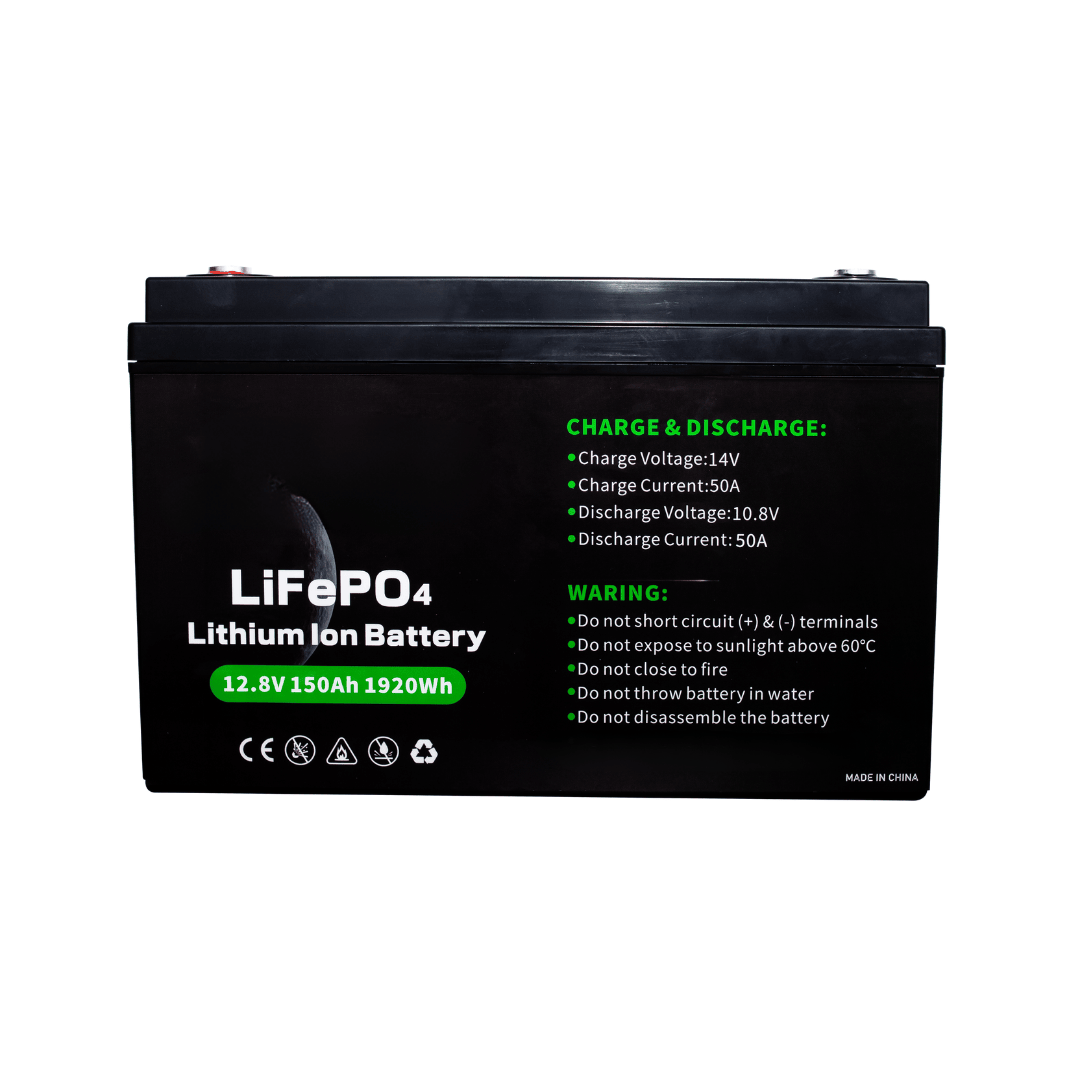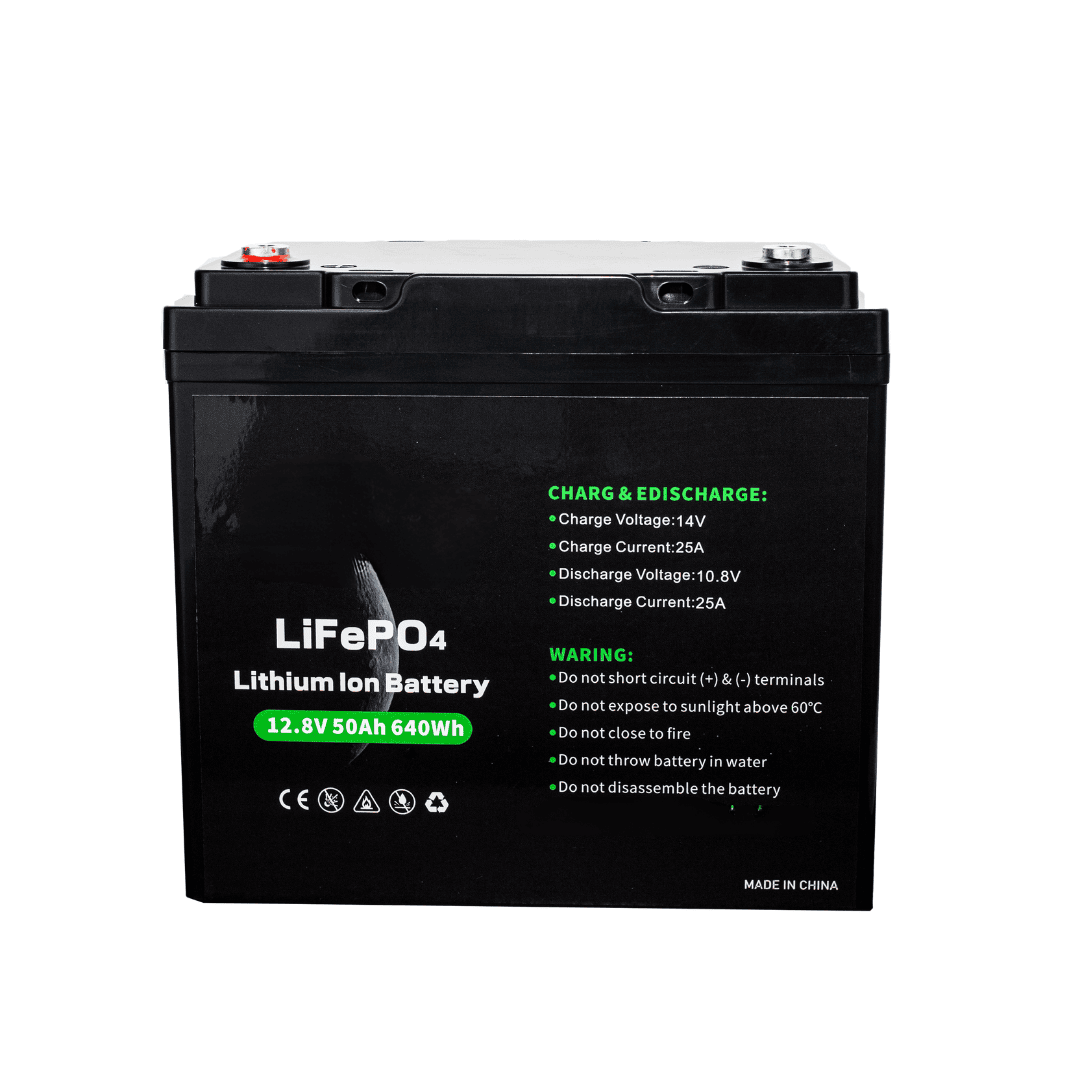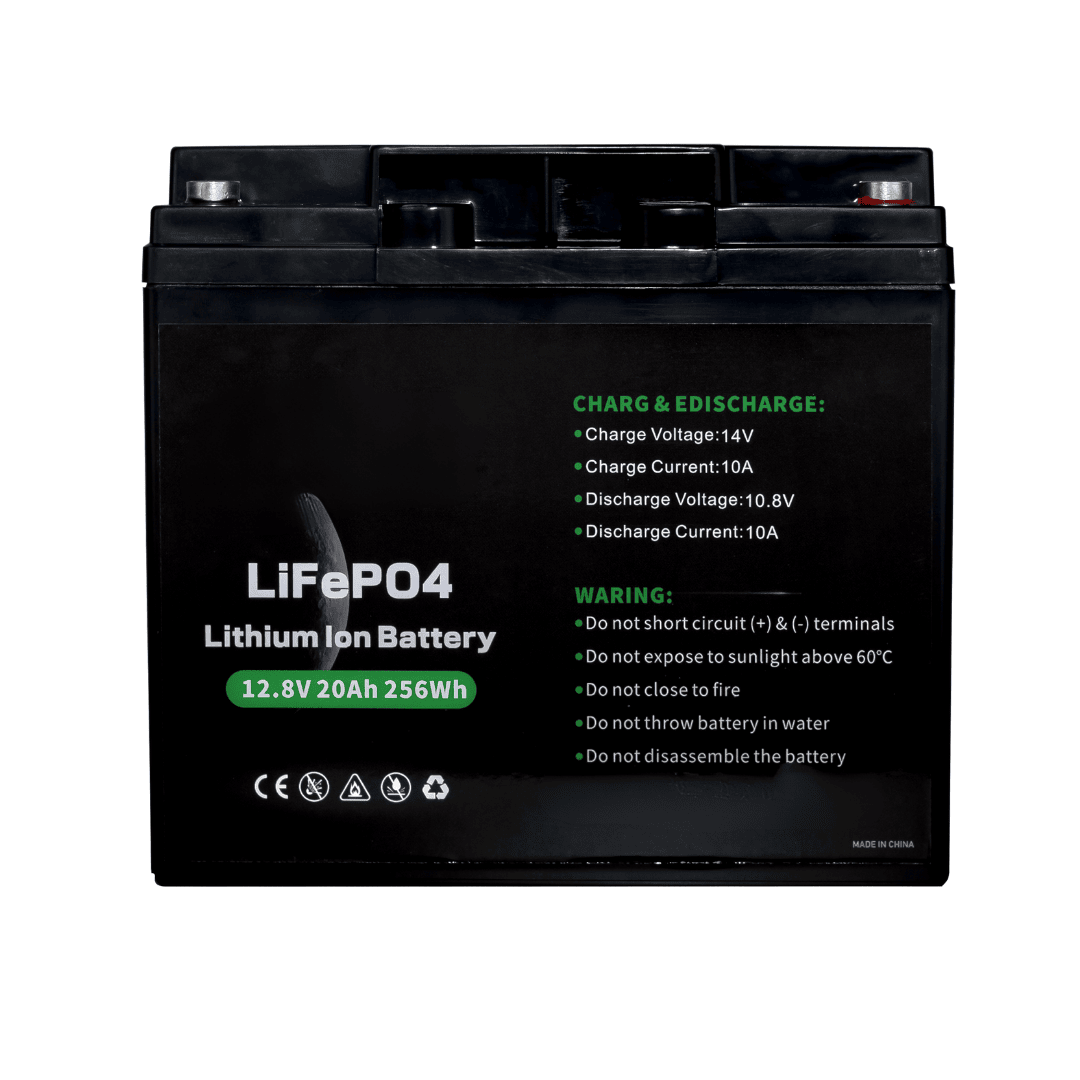Introduction to Marine Batteries
When it comes to powering boats, the choice of battery can significantly influence performance, maintenance, and overall boating experience. Among the most common options are 12v lithium marine batteries and traditional lead-acid batteries. Understanding the unique characteristics of each type is crucial for boat owners looking to optimize their marine electrical systems.
The importance of selecting the right battery cannot be overstated. A boat’s electrical system is the backbone of its operation, powering everything from navigation equipment to onboard comforts. The growing popularity of 12v lithium ion marine batteries in marine applications stems from their advanced technology and superior performance metrics. However, lead-acid batteries still hold a significant place in the market due to their lower initial cost and established recycling processes. This blog will delve into the benefits and drawbacks of both battery types, helping boaters make informed decisions tailored to their specific needs.
Benefits of 12v Lithium Marine Batteries
A. Higher Energy Density and Efficiency
的突出特點之一 12v lithium marine batteries 是他們的 更高的能量密度 compared to lead-acid alternatives. This means they can store more energy in a smaller, lighter package, which is crucial for boats where space and weight are limited. For instance, a 12v lithium ion battery marine can provide the same power as a much larger lead-acid battery, freeing up valuable space on board for other essential equipment or personal items. According to Battery University, lithium-ion batteries can achieve energy densities as high as 330 watt-hours per kilogram (Wh/kg), compared to approximately 75 Wh/kg for lead-acid batteries.
B. Longer Lifespan Compared to Lead Acid
Lithium batteries typically last between 10 to 15 years, significantly outpacing lead-acid batteries, which usually last only 3 to 5 years. This longevity translates to fewer replacements and lower long-term costs for boat owners who invest in 鋰技術. The extended lifespan also means less frequent disposal, which is an important consideration for environmentally conscious boaters.
C. Faster Charging Times
Another advantage is the faster charging capability of lithium batteries. They can be fully charged in as little as 4 hours, while lead-acid batteries may take up to 10 hours or more. This rapid charging capability is particularly beneficial for boaters who need quick turnarounds during trips or after outings. For example, if you’re out on a weekend trip and need to recharge your batteries quickly for an evening cruise, a 12v lithium ion marine battery will ensure you’re ready to go in no time.
D. Maintenance-Free Operation
Unlike lead-acid batteries that require regular maintenance—such as checking water levels—lithium batteries are largely maintenance-free. This feature alleviates some of the burdens associated with battery upkeep, allowing boaters to focus on enjoying their time on the water rather than worrying about battery health.
E. Better Performance Under Load
Lithium batteries maintain a consistent voltage throughout their discharge cycle, providing reliable power even when not fully charged. In contrast, lead-acid batteries often experience voltage drops under load, which can affect critical systems during operation. This reliability is especially important when powering essential navigation systems or high-draw devices like electric motors.
F. Reduced Weight
Finally, lithium batteries are significantly lighter than lead-acid counterparts—often weighing about one-third to one-half as much for the same capacity. This weight reduction can enhance a boat’s speed and fuel efficiency, making it an attractive option for performance-oriented boaters looking to maximize their vessel’s capabilities.
Drawbacks of 12v Lithium Marine Batteries
A. Higher Initial Cost
Despite their numerous advantages, one major drawback of 12v lithium marine batteries is their higher initial cost. They can be several times more expensive than lead-acid batteries, which may deter some boat owners from making the switch. While the long-term savings from reduced maintenance and replacement costs can offset this initial investment over time, budget-conscious consumers may hesitate.
If you’re considering upgrading your battery system but are unsure about costs or options available, don’t hesitate to reach out! Our experts at Rakour Battery can help you navigate your choices effectively—聯絡我們 today! You might also want to explore whether investing in lithium technology is worth it by reading our article on Is It Worth Spending Extra on Lithium Batteries for Trolling Motor Batteries?.
B. Complex Charging Requirements
Lithium batteries often require specialized chargers and battery management systems (BMS) to ensure safe and efficient charging. This complexity can increase overall system costs and may necessitate modifications to existing boat electrical systems. For instance, integrating a BMS into your setup might require professional installation if you’re not familiar with electrical systems.
C. Thermal Runaway Risk
There is a risk of thermal runaway with lithium batteries—a condition that can lead to fires if not properly managed. While modern lithium battery systems include safety features to mitigate this risk, it remains a concern that requires careful handling. Boaters must ensure proper ventilation and monitoring during charging cycles to minimize this risk.
D. Recycling Challenges
The disposal and recycling of lithium batteries can be more complicated than for lead-acid batteries due to the lack of an established recycling infrastructure for lithium technology. This raises environmental considerations for boaters opting for lithium solutions; thus, it’s essential to research local recycling options before purchasing.
E. Compatibility Issues
Not all boats are designed to accommodate lithium battery systems without modifications. Ensuring compatibility with existing electrical systems can be challenging and may require additional investment in new equipment or wiring adjustments.
In summary, while 鋰電池 present numerous advantages such as longer lifespan, faster charging times, and reduced weight, they also come with higher initial costs and complex requirements that may not suit every boater’s needs.
Comparative Analysis: Lithium vs Lead Acid Batteries
| 特點 | 鋰電池 | 鉛酸電池 |
|---|---|---|
| 能量密度 | 更高 | 較低 |
| 壽命 | 10-15 年 | 3-5 年 |
| 充電時間 | ~4 hours | 10+ hours |
| 維護 | 免保養 | 需要定期維護 |
| 重量 | Lighter (1/3 – 1/2 weight) | 較重 |
| 成本 | 較高的前期成本 | 較低的前期成本 |
| Performance Under Load | Consistent voltage | Voltage drops under load |
This table highlights key differences between lithium vs lead-acid batteries, allowing boaters to see at a glance how each type measures up against critical factors such as lifespan, weight, and cost.
Safety Considerations for Lithium Batteries on Boats
A. Understanding Thermal Runaway Risks
While 12v lithium ion marine batteries offer numerous advantages, safety remains a paramount concern for boat owners considering this technology. One significant risk associated with lithium batteries is thermal runaway—a condition where excessive heat leads to a self-sustaining reaction that can result in fires or explosions if not properly managed.
Modern lithium battery systems come equipped with various safety features designed to minimize these risks:
- 電池管理系統 (BMS): These systems monitor temperature and voltage levels during charging and discharging cycles.
- Thermal Protection: Many lithium battery packs include thermal fuses or circuit breakers that disconnect the battery if temperatures exceed safe limits.
- 通風: Proper ventilation during installation helps dissipate heat generated during operation.
Understanding these safety features is essential for ensuring safe usage of lithium technology on boats.
If you’re looking for reliable solutions or have questions about installing these advanced battery systems safely on your vessel, our team at Rakour Battery is here to assist! Don’t hesitate—聯絡我們 today! Additionally, check out our article on Can You Use Lithium Batteries in a Boat or RV? for more insights into compatibility concerns.
B. Safety Features in Modern Lithium Batteries
As technology advances, manufacturers are developing increasingly sophisticated safety mechanisms within lithium battery designs:
- Overcharge Protection: Prevents damage by stopping charging once maximum voltage is reached.
- Short-Circuit Protection: Automatically disconnects power if a short circuit occurs.
- Fire-Resistant Materials: Some manufacturers use fire-retardant materials in battery casing design.
By familiarizing themselves with these safety features, boaters can confidently incorporate 鋰技術 into their marine setups while minimizing risks associated with thermal runaway.
Installation and Compatibility Issues
A. Modifications Needed for Existing Systems
Transitioning from lead-acid to 12v lithium ion marine batteries may require modifications to existing electrical systems on board boats:
- Upgrading Chargers: Standard chargers designed for lead-acid batteries may not be compatible with lithium technology.
- 電池管理系統 (BMS): Installing a BMS ensures safe operation and maximizes performance but adds complexity.
- Wiring Adjustments: Lithium batteries often require different wiring configurations due to their unique characteristics.
Boaters should carefully evaluate these factors before making the switch to ensure compatibility with their current setups.You might also find our article on Are Lithium Deep Cycle Batteries Better Than AGM? useful when considering your options regarding deep cycle applications.
B. Choosing the Right Battery Management SystemSelecting an appropriate BMS is crucial when installing lithium batteries:
- Compatibility: Ensure the BMS is compatible with both the battery type and the boat’s electrical system.
- Monitoring Capabilities: Look for systems that provide real-time monitoring of voltage, current, temperature, and state of charge.
- Safety Features: Choose a BMS that includes built-in protections against overcharging, discharging, and short circuits.
By taking these considerations into account during installation, boaters can maximize the benefits of switching to 12v lithium ion battery marine technology while ensuring safe operation.
環境影響與回收選項
A. Comparison of Recycling ProcessesThe environmental impact of battery disposal is an increasingly important consideration for boat owners:
- Lead-Acid Batteries: These have well-established recycling processes that recover about 97% of materials used in their construction.
- Lithium Batteries: Recycling processes are still developing; however, they tend to be less efficient than those for lead-acid alternatives due to complex chemistries involved in lithium-ion technologies.
Boaters should consider these factors when choosing between battery types—especially those concerned about sustainability practices within their boating lifestyle.You might also want to explore how specific types like LiFePO4 (Lithium Iron Phosphate) can benefit your boating experience by reading our article on How Can Boat Owners Benefit from Using LiFePO4 Batteries?.B. Environmental Considerations for Boat OwnersBoat owners opting for 12v lithium ion marine batterys should also consider:
- Sustainable Sourcing: Investigate manufacturers’ practices regarding sourcing materials used in battery production.
- End-of-Life Options: Research local recycling facilities capable of processing lithium batteries appropriately when they reach end-of-life status.
By being proactive about environmental considerations surrounding battery choice and disposal methods available locally or regionally—boat owners can contribute positively toward sustainable boating practices while enjoying modern advancements found within today’s battery technologies.
學習我們的相關產品
總結
In conclusion, selecting between 12v lithium marine batteries, traditional lead-acid options involves weighing various factors such as lifespan, cost-effectiveness, charging times, maintenance needs—and importantly—safety considerations associated with each type’s use onboard vessels.
Boaters must assess personal priorities regarding performance versus budget constraints before making decisions tailored specifically toward enhancing both enjoyment on watercrafts while ensuring reliability throughout journeys taken across lakes or oceans alike!
By understanding these key aspects outlined throughout this blog post—boat owners will feel empowered when navigating choices available within modern-day boating experiences!
常見問題



